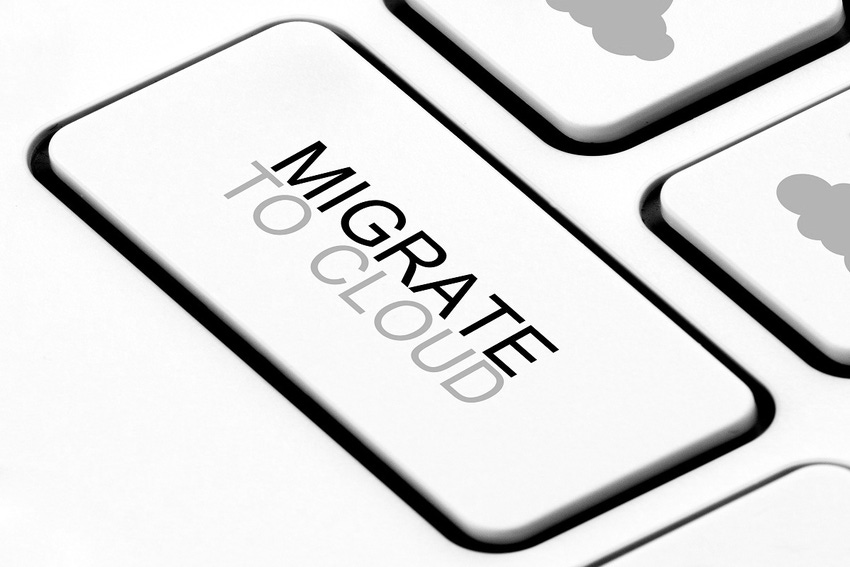RiverMeadow Software, a software developer with the most peaceful name in the automated server migration space, has launched the 2.0 version of its Cloud Migration SaaS.
July 18, 2013

RiverMeadow Software, a software developer with the most peaceful name in the automated server migration space, has launched the 2.0 version of its Cloud Migration SaaS.
Developed to accommodate both Linux and Microsoft (MSFT) Windows server-to-cloud migrations, the cloud migration software is intended to automate the cloud migration process to make the switch quicker and remove the need to install agents or take servers out of production.
According to RiverMeadow, as long as the customer’s chosen IaaS supporters Windows or Linux, the cloud migration offering can migrate source servers as-is to the cloud. That’s good for customers, but for solution providers, this could be an incredible time-saver. Of course, RiverMeadow isn’t the only vendor with a cloud migration tool or service on the market, and there are plenty of options to choose. But automation is key in making that initial switch as painless as possible.
“The cost and complexity of migrating virtual, physical or cloud-based servers into the cloud can be overwhelming — averaging thousands of dollars per server and man-months’ worth of operational effort,” said Mark Shirman, CEO of RiverMeadow, in a prepared statement. “With the enhancements delivered in RiverMeadow Cloud Migration SaaS 2.0, we continue to remove the barriers of entry for just a fraction of the cost and without the operational headaches, so organizations can immediately gain the economic and practical benefits of cloud computing.”
As businesses continue to move to the cloud, automation will be even more critical. And this shift will continue for the next few years.
“Over the next few years, as businesses look to the clouds for more of their IT operations, they will need tools such as RiverMeadow Cloud Migration SaaS for efficiently moving virtualized servers and data to clouds initially as well as between clouds on an ongoing basis,” said Mark Levitt, director of Business Cloud Strategies research at Strategy Analytics, in a prepared statement.
Cloud migration tools continue to be updated to be more efficient and support more operating systems and IaaS and PaaS offerings.
About the Author(s)
You May Also Like


